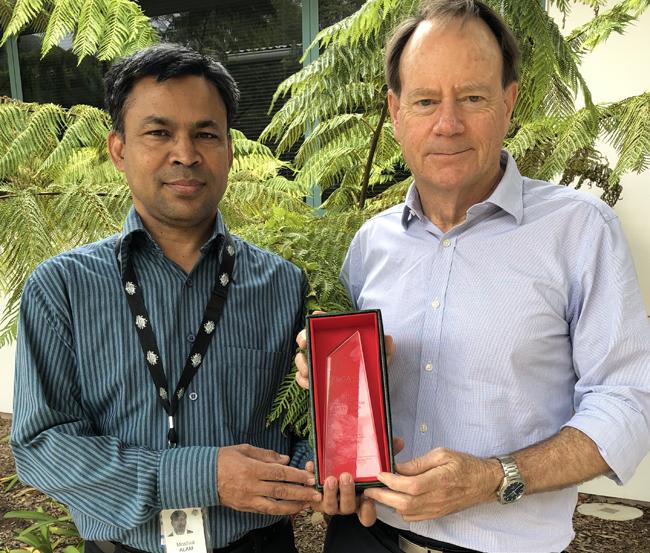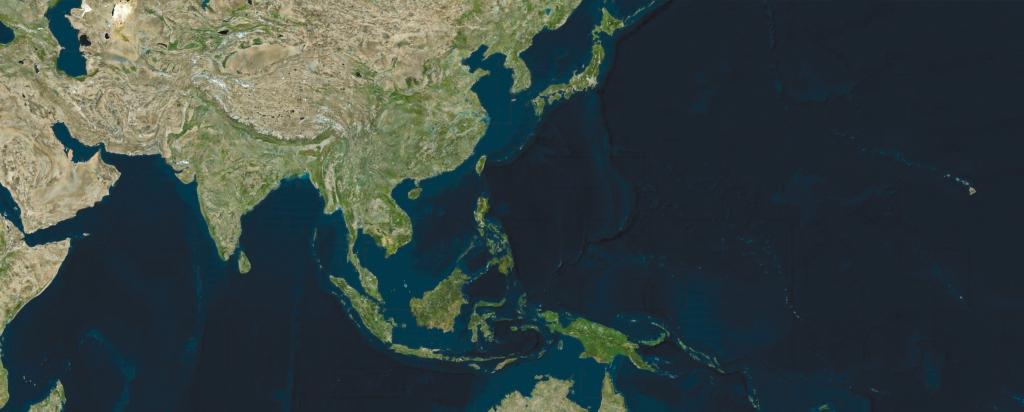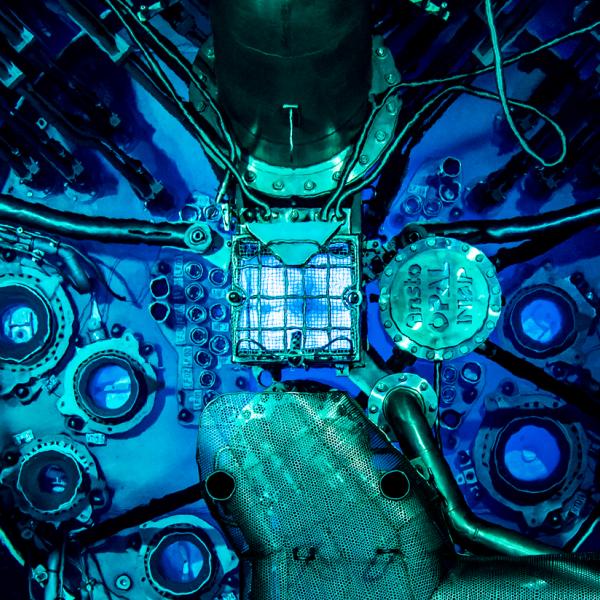

Published on the 24th February 2020 by ANSTO Staff
The Australian Research Reactor Utilisation (RRU) project team has received the annual Forum for Nuclear Cooperation in Asia (FNCA) Award.
The award recognises a team’s contribution to the FNCA project, the prominence of its output and its socio-economic contribution in the preceding year.
There were eight nominees.

The Australian team leaders are Dr John Bennett (above right) of ANSTO Biosciences and Mr Moshiul Alam (above left) of ANSTO Health.
The ANSTO team was selected as an Excellent Research Team from among eight nominees after a series of voting by peers in recognition for their outstanding achievement in both areas.
Dr Bennett has been the sub-project lead for the Neutron Activation Analysis (NAA) component of the RRU project since 2010.
Last year the Australian team was recognised for the prominent role it plays in coordinating and contributing to the material characterisation studies in the fields of geochemical mapping and mineral resources, helping broaden the knowledge of research reactor utilisation and its dedicated participation and cooperation in FNCA activities.
“Neutron activation analysis (NAA) remains a key application of research reactors around the world. The method offers particular advantages of accuracy, dynamic range, and breadth of elements that can be quantified. I have been pleased over the last decade to help coordinate measurement projects throughout the region to demonstrate socio-economic benefits through the use of NAA and to help practitioners lift the quality of their results. I also recognise the excellent implementation of the method in OPAL by Attila Stopic,” said Bennett.
Mr Alam has been the project lead for the Radioisotope Production component for the RRU project for the past three years. ANSTO’s radioisotope production group was recognised for their work in substantially increasing the original designed plant output of the life-saving radiopharmaceutical (Mo-99) in response to the global shortage to supply to domestic and overseas markets.
“I am very proud of the work our team has achieved in the process improvement of the production of Mo-99, a radiopharmaceutical which has greatly improved the quality of life of both the Australian and international communities," said Alam.
The Forum for Nuclear Cooperation Asia (FNCA) is a regional network of countries established by Japan in 1999 to develop and promote the peaceful uses of nuclear technology in the Asia-Pacific region through effective and organised cooperation activities. There are twelve participating countries, namely Australia, Bangladesh, China, Indonesia, Japan, Kazakhstan, Korea, Malaysia, Mongolia, Philippines, Thailand and Vietnam.

